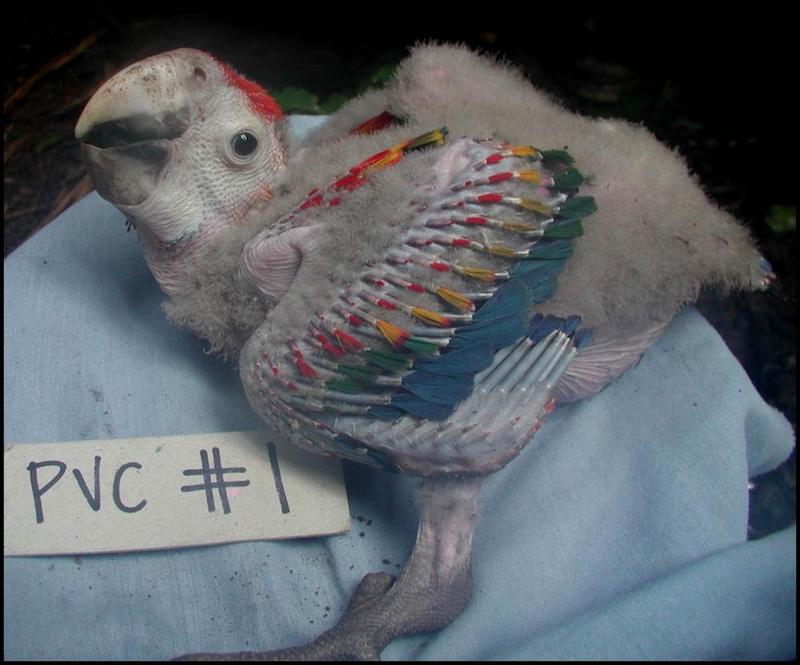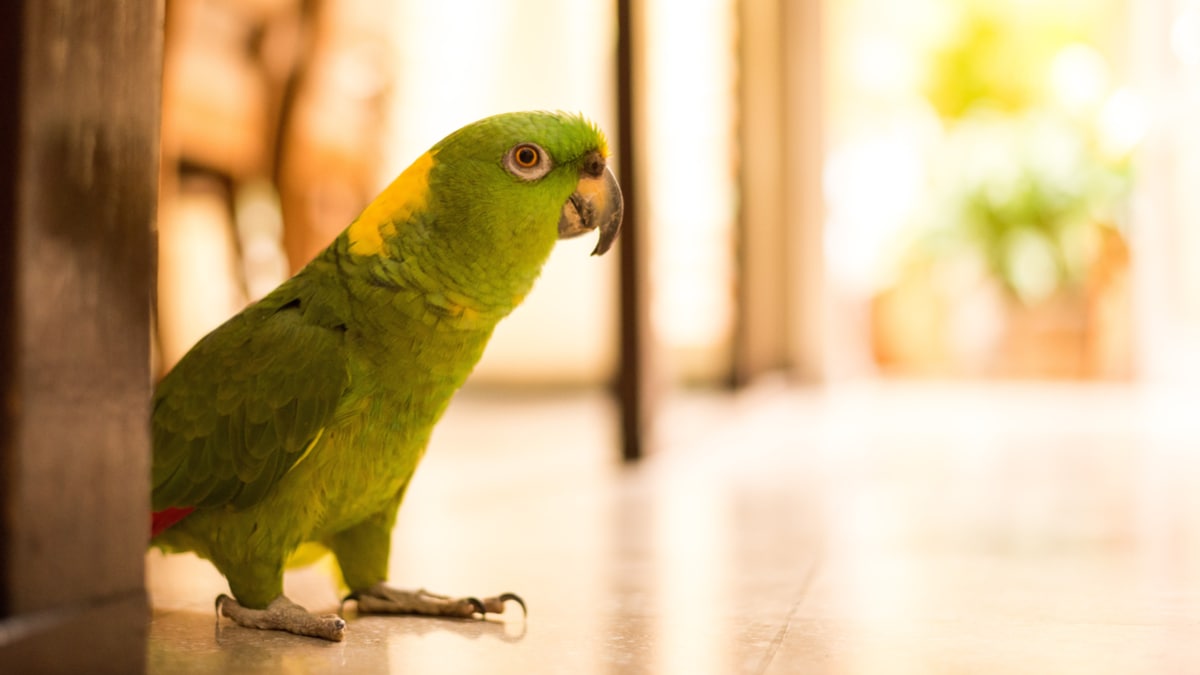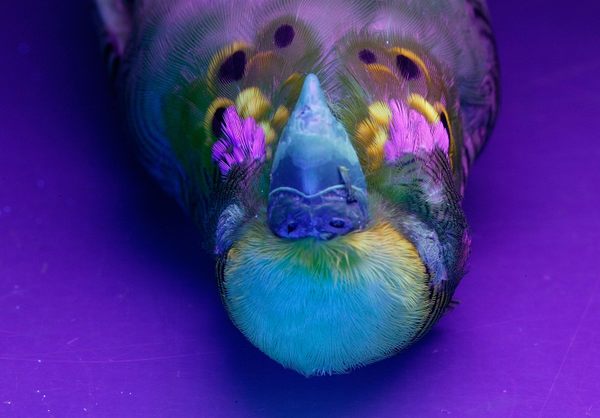noodles123
Well-known member
- Jul 11, 2018
- 8,145
- 478
- Parrots
- Umbrella Cockatoo- 15? years old..I think?
All about eggs. As myself and others have girls intent on making them.
" A hen’s ovary develops to its functional state based on the life span of her particular species. Many of the larger psittacines have development at about 4 to 7 years of age, while in smaller parrot species it is at 1 to 3 years of age. All birds have ovarian development during the breeding season; the ovary then shrinks during the non-breeding season"
https://lafeber.com/pet-birds/the-female-reproductive-system-along-comes-the-egg/
Ways to deter eggs.
" So how are we to avoid this? Don’t cover their cages at night for starters. As I said above, link chewing with food and that means plenty of foraging. Provide exercise and get your bird out of its cage as much as possible. You might try moving the cage about every other week or as soon as they get comfortable in one location, move it. Parrots were meant to fly and so get them to fly or at least do flapping daily or even multiple times in a day. Work up to it, particularly if you have a couch potato."
https://lafeber.com/pet-birds/4-easy-ways-to-deter-breeding-behavior/
https://www.forthebirdsdvm.com/pages/hormonal-behavior-in-pet-birds-pt-1
I disagree with not covering the cage at night--- I think that is fine as long as the room is also dark. The issue would be if you don't use a proper black-out cover and the light is still shining in from outside. That could create a giant nest. I cover with a blackout cover and the room is dark too. Noodles feels safer at night if the cage is covered....but it must be a proper cover....If it's light in the room and you cover with a sheet or something, yes, that will cause problems. Blackout curtains are a good idea in a bird room because, in order to get 10-12 hours, most have to go to bed when it is still light outside.
I will say, when Noodles is super hormonal, she wants to go to bed sooner and so I tend to hold off (as I know her intention is to get in that dark space and make toothpicks out of toys on the cage bottom until she actually climbs up and goes up to sleep about an hour later LOL/UGH!).
Last edited:





